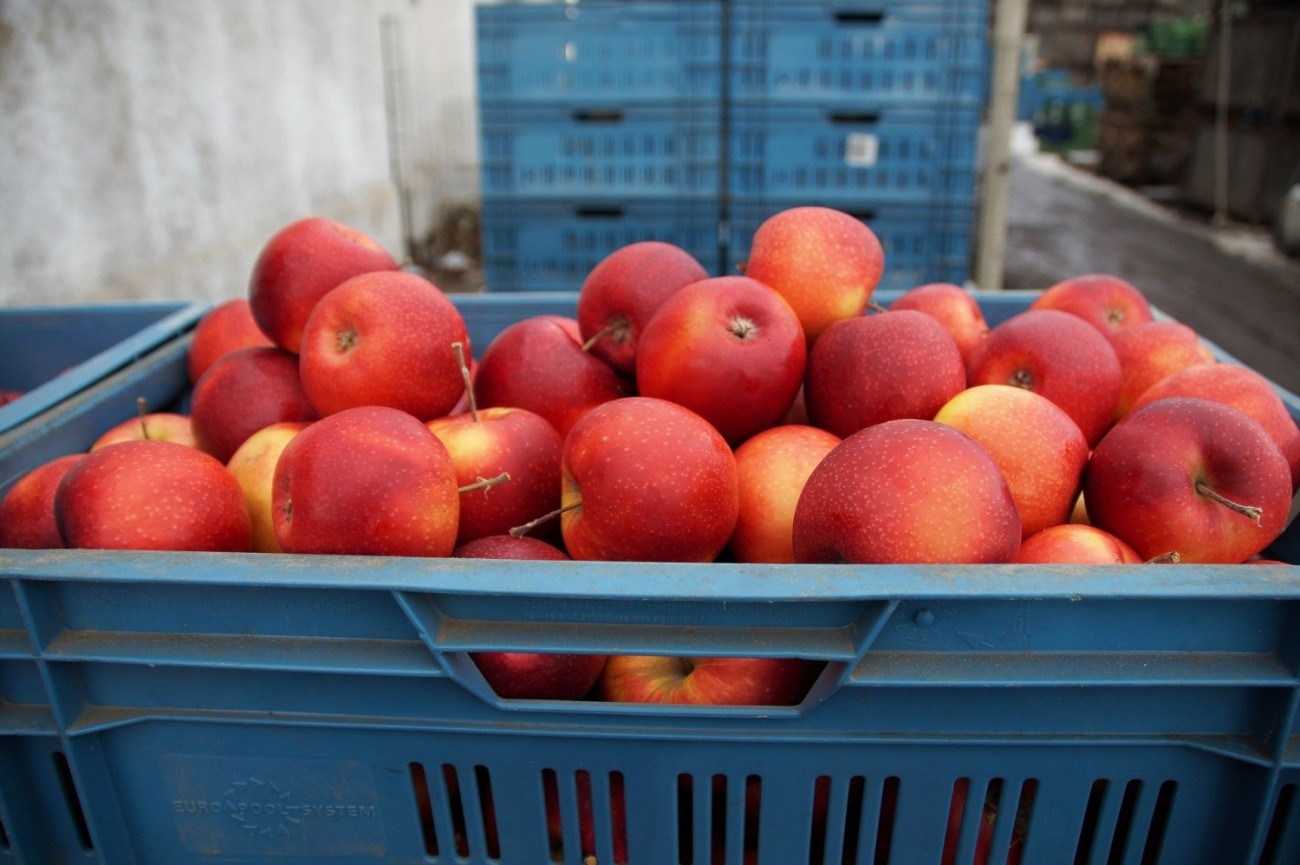Societal challenges and agricultural sustainability

This past week in ACES 399, Dr. Prasanta Kalita, professor in the Department of Agricultural & Biological Engineering, spoke to our class about societal challenges. Dr. Kalita’s presentation began with a short discussion of the four most significant challenges society faces, as stated by the United States Agency for International Development (USAID). Those challenges include food and water security; saving lives at birth; all children reading; and making all voices count.
Discussing the topic of food security, Dr. Kalita noted that agricultural output would have to increase 70% by 2050 to feed our world’s growing population. The obstacles barring this goal include the limited amount of land and water resources for agricultural production, rapid urbanization, the use of land to grow non-food crops, and climate change. We will need to improve agricultural efficiency and increase our agricultural output by utilizing high-yielding crop varieties or genetically modified organisms (GMOs).
Another challenge Dr. Kalita believes we must overcome is food waste. As noted in his lecture, globally, we waste 1.3 billion tons of food per year. With this amount of food, we could feed 37 million people for their entire lives. While the consumer produces some waste, it is also inefficient agricultural production methods that result in these losses. Investment in postharvest loss prevention programs is a crucial strategy for reducing this staggering amount of waste. Simple actions like this can help ensure that food successfully makes it from farm to table.
When addressing water insecurity, Dr. Kalita pointed out that we not only have very little water, but our water quality is also at risk. Pollution, water-borne disease, and the degradation of soil and aquatic ecosystems, all impact whether we can drink the water we have. To overcome these issues, we will have to implement more sustainable, water-efficient practices, such as micro-catchment water harvesting, to reduce our water waste.
Following Dr. Kalita’s presentation, I reflected on how I can contribute to creating solutions for these problems. On an individual scale, this information has further motivated me to monitor my water and food consumption to reduce my waste production. I would also like to influence others to do the same. On a college campus, this can be a tough challenge because the dining halls are buffet-style, promoting the consumption and waste of excess food.
Prior to Dr. Kalita’s presentation, I did not think of overconsumption of food to be as wasteful as throwing it away until he said that, “overeating is wasteful as well because you don’t need to eat that to survive.” Honestly, this revelation shocked me because I grew up with the mentality that as long as you eat it, you’re not wasting it; however, overeating is inherently wasteful.
Looking at my career goals, I hope to work with urban agricultural development in the future, as these challenges are precisely what urban agriculture hopes to overcome. Urban agriculture is one of the many tools at our disposal to increase our agricultural output with less land, and cut down on resource waste, by producing food right where it is needed.
Students in ACES 399: “Vision 2050 –Grand Challenges of the Millenium” attend presentations by ACES faculty members about current topics in agriculture. As part of their class assignments, students are asked to write blog posts reflecting on those topics. The Voices of ACES blog will feature select ACES 399 blog posts throughout the semester.